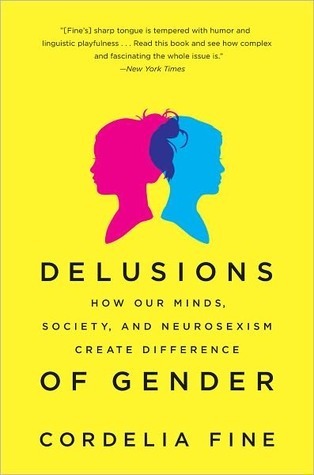
Inferior: How Science Got Women Wrong—and the New Research That's Rewriting the Story
Book Description
What if everything you thought you knew about women was wrong? In "Inferior," Angela Saini uncovers the shocking biases entrenched in scientific research, illuminating how decades of misinterpretation have painted women as lesser beings. From the lab to the lecture hall, Saini navigates a landscape rife with prejudice, revealing groundbreaking studies that challenge long-held myths and elevate women's contributions to science and society. As the narrative unfolds, a powerful truth emerges, promising to reshape conversations around gender and intelligence. Can a new wave of research redefine our understanding of equality, or will old biases continue to hold sway?
Quick Book Summary
"Inferior" by Angela Saini is an incisive exploration of how gender bias has historically influenced scientific research about women. The author meticulously examines the ways in which faulty data, misinterpretation, and cultural prejudice led to a deeply distorted perception of women's abilities, roles, and biology. Saini highlights key examples from fields such as biology, psychology, and anthropology, revealing how research has often reinforced stereotypes rather than tested them. She also presents groundbreaking new studies that directly overturn old myths—showing, for instance, that women's intelligence, emotional capabilities, and physical strength are frequently underestimated. Through interviews with leading scientists and a critical re-examination of scientific claims, Saini encourages readers to challenge assumptions and recognize women's full potential in science and society.
Summary of Key Ideas
Table of Contents
Historical Bias in Science
Angela Saini opens her book by tracing the roots of scientific sexism, demonstrating that long-standing beliefs about women's inferiority were not based on objective evidence but rather on the cultural and social context of mostly male scientists. She dives into key moments in the history of science when assumptions about women's brains, bodies, and abilities became codified, shaping societal policies and opportunities for generations. These early scientific assertions, she argues, served to justify exclusion and discrimination, rather than accurately reflect female capability.
Challenging Gender Myths with New Research
The book moves on to dissect how gender myths continued to permeate scientific literature, even as methods and knowledge advanced. Studies in the twentieth century often gravitated toward "biological essentialism," suggesting inherent differences between the sexes with little basis in rigorous data. Saini scrutinizes specific examples, such as claims about emotional resilience, mathematical aptitude, and brain structure, exposing how many influential studies were flawed or selectively interpreted to reinforce gender stereotypes, rather than question them.
The Impact of Cultural Assumptions on Scientific Interpretation
Saini then spotlights the emerging wave of research that is correcting the historical record. She interviews female scientists and other experts who are challenging outdated conclusions, revealing new findings about female strength, cognitive abilities, and evolutionary roles. These studies demonstrate that women are not innately less capable than men—in fact, in many respects, previous research underestimated women's adaptability and intelligence. Saini effectively illustrates the complexities of sex differences and highlights how nuanced, contextual approaches are replacing simplistic, deterministic dogma.
Reevaluating Women’s Intelligence and Abilities
A major thread throughout the book is the profound impact of culture on scientific discovery and interpretation. Saini argues that science cannot be separated from the values, assumptions, and biases of its practitioners. The case studies she presents show how prevailing attitudes toward gender shape what questions are asked, how studies are designed and interpreted, and even what research gets funding. Without diverse perspectives, science risks perpetuating the very biases it seeks to overcome.
Envisioning a More Equitable Future in Science
Concluding, Saini envisions a more just and inclusive scientific future, one where diversity is valued and the full spectrum of human potential is recognized. She suggests that undoing centuries of bias requires vigilance, openness, and systemic changes to how research is conducted and disseminated. By challenging old myths and celebrating new discoveries, "Inferior" presents a rallying cry for both the scientific community and society at large to reevaluate gendered assumptions and embrace equality as a fundamental foundation for innovation and progress.
Download This Summary
Get a free PDF of this summary instantly — no email required.





